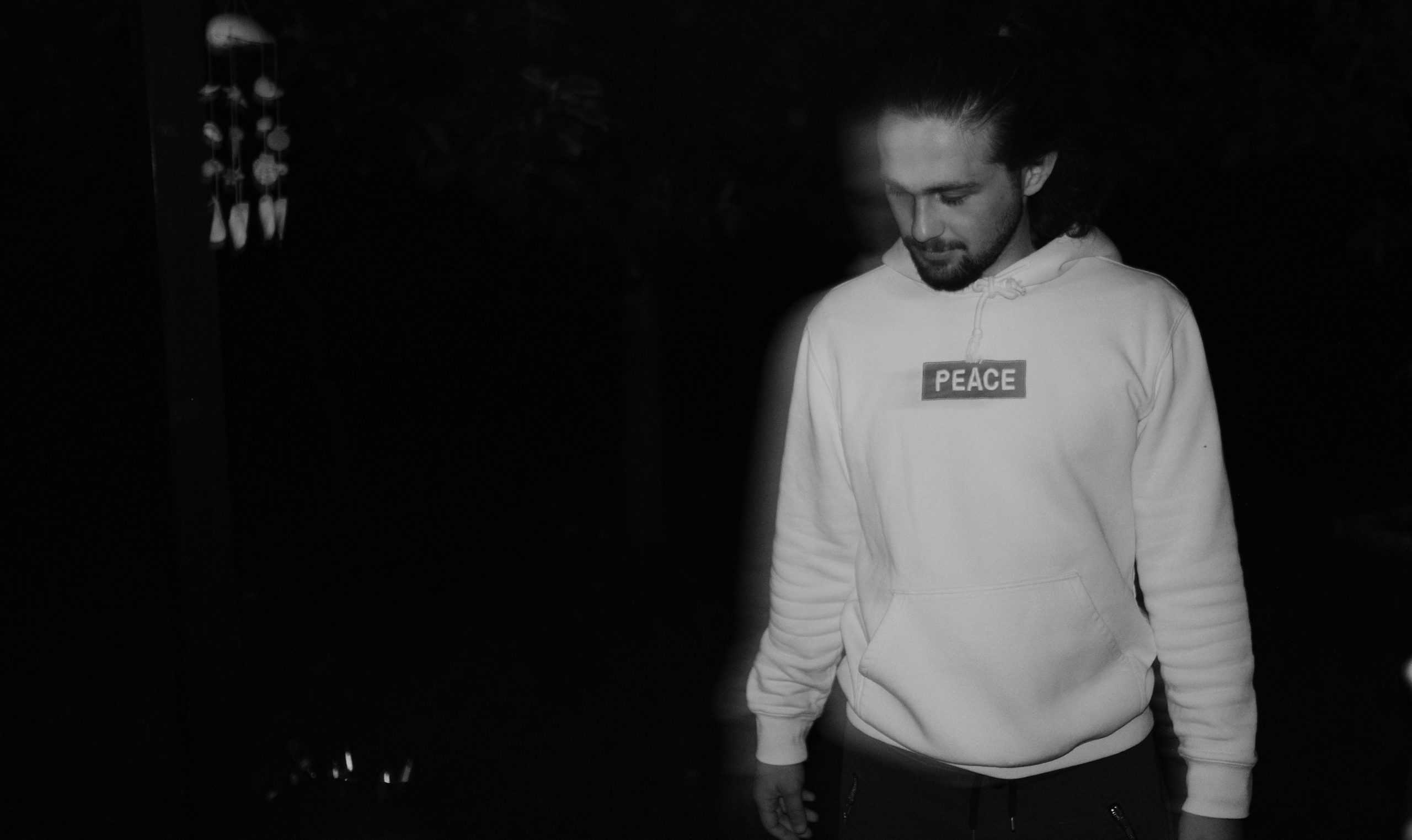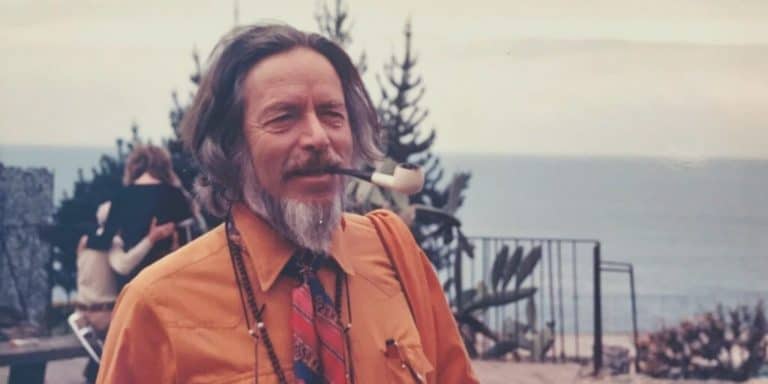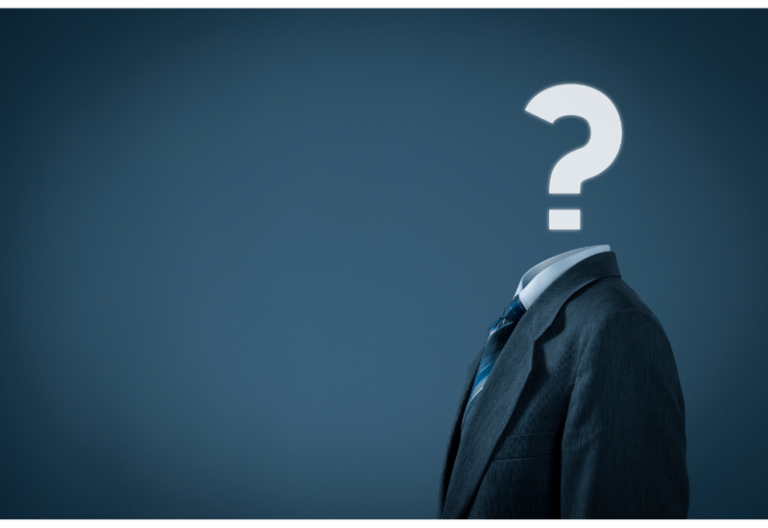Why hip-hop is so successful: people's love of fiction
Some time ago, Simon sent me a video in which Robert Greene talks about the fact that we as humans like illusions. In the clip of a lecture, he quotes T.S. Eliot "Humankind cannot bear very much reality." Greene goes on to explain that we not only love illusions, but also stories and fiction, and have done so from an early age. Reality, on the other hand, is something that we largely dislike. He also addresses how in our society we do not worship craftsmen and creators, but movie stars and other celebrities. People who are fake to the core. People who pretend to be something or someone, not only in the roles they play in the movies, but also in reality.
In the weeks that followed, this short video kept going through my mind and I started thinking about this topic. The most plausible example of the assertion that we as humans love illusions came to mind when I thought about hip-hop. There is hardly any other genre of music where people pretend to be something as much as in rapping or hip-hop in general. I would like to share my findings with you in the following paragraphs.
Anyone who, like me, was born just before, or around, the year 2000 will have noticed that one genre of music has managed to become the most influential genre of pop music in recent years. Of course, it is difficult to make this success dependent on just a few criteria; after all, we live in an endlessly complex world that makes such a simple approach almost impossible. Of course, it could be down to anything, whether it's the constantly changing beats, the lyrical masterpieces that some of the rappers demonstrate or the fact that hip-hop is more in tune with the times than almost any other genre. But it is precisely at this last point that I want to begin my introduction to why rap is so successful.
The twenty-first century is, in my opinion, accompanied by a general trend of self-expression. It is the capturing of an experience, whether on video or photo, and the subsequent sharing of that experience in conjunction with the likes and comments we receive that gives our experiences value. Of course, I'm exaggerating a little here to show what a banal world view this is. But I think I've managed to get roughly the point I wanted to make. We live in an above-average narcissistic age, an age in which small pocket computers constantly connect us to the entire world. Of course, by and large, this connection is hardly used to bring us closer together, but rather to promote ourselves as widely as possible. However, this self-profiling has not emerged from the technology given to us, but has merely been promoted by it. Humans as such have always been keen not to show their natural selves. A very simple example of this would be to look at the effort most of us put in before we go to major social events. We put on clothes we don't normally wear, get our hair cut to make us look more groomed, put on jewelry or apply some color to our face to look different. At this point, I would like to return briefly to Greene's statement that we worship movie stars and celebrities. After all, they are the groups of people who are invited to the most awards, galas, openings and award ceremonies. All events to which people appear dolled up and in outrageous outfits.
This self-portrayal can also be found in the lyrics of most rappers. However, I would like to make it clear from the start that I am going to generalize a lot here. I'm well aware that it's not quite so black and white, but I'll do it anyway for the sake of simplicity. Lyrically, most hip-hop songs can be divided into two categories. The first category is what we call the Dazzlingthe second the of the logo. If you want to know more about what a, or the, logos is, I recommend this article by Simon on the subject.
Let us now turn our attention to the dazzling rappers. Which is why I chose the word dazzle It doesn't take very long for most rappers to start talking about how many cars they own, how much money they have, how many women they sleep with regularly or anything else you can flex on. Of course, we can assume that there is not as much to all these statements as we would like to believe. Because how much of this everyday life is reality is another question. What cannot be denied, however, is that the role, or the person who creates it, more or less accurately describes the dream of every adolescent boy. How sustainable all this really is is left out. But it's not just boys blindly following idols. It was only a matter of time before similar personalities developed as role models for girls. The message here is more or less the same, it's about cars, drugs, money and lots of rapidly changing sexual partners.
The reason why I am focusing on girls and boys in particular here is that most listeners of this music genre are under twenty. According to statista.com, hip-hop and rap are particularly popular among the younger population aged 14 to 19. This is hardly surprising, because at a young age, people are fundamentally against the current norm and want to rebel. What better way to express this than through music that takes the piss out of this norm? Young people just adore the lifestyle that these rappers convey. Fast cars, constantly consuming drugs and always having new partners. In my opinion, a tailor-made illusion for the twenty-first century.
Now we come to the second category, the Rappers of the logo. Rappers in this category don't usually talk about a large fleet of vehicles and endless money. They talk about everyday situations that most people can identify with. For this reason, I also decided to use the word logos here. Because logos stand for a general sense or a General logic, that many people can identify with. A musical example of this would be the song "Wet Dreamz" by J. Cole, in which the US rapper talks about how a fictional character experiences her first time. It begins innocently at school with the writing of letters and then ends with the first time. With his style, Cole describes in a funny yet very realistic way how things can go. In this case, it's less about bragging about the event and more about sharing personal experiences. Experiences that most people can relate to. It is important to mention here that almost all previous music genres, whether rock, soul, funk or other, music of the logo were. Because this empathizing with the lyrics is what ensures that the masses like these lyrics and therefore also the songs.
It is therefore the dazzling hip-hop which captivates the masses in a new way. The illusion of such a fast-paced life enchants young listeners in particular on a large scale. To return now to the introduction and Robert Greene. Was it foreseeable that hip-hop would take over pop culture as a musical genre? Simply put, yes. Of course, back when hip-hop emerged, which was around 1973, no one could have predicted where it would go. Especially since the internet wasn't invented until sixteen years later, not to mention smartphones. Of course, no one could have predicted the future so accurately, after all there are endless ways in which the future can unfold. But the statement that we humans love illusions followed by the fact that modern hip-hop is almost exclusively self-expressive suggested that it was to be expected.







